The Health Benefits Of Mushrooms
Unlock the magic and elevate your well-being with nature's hidden treasure.
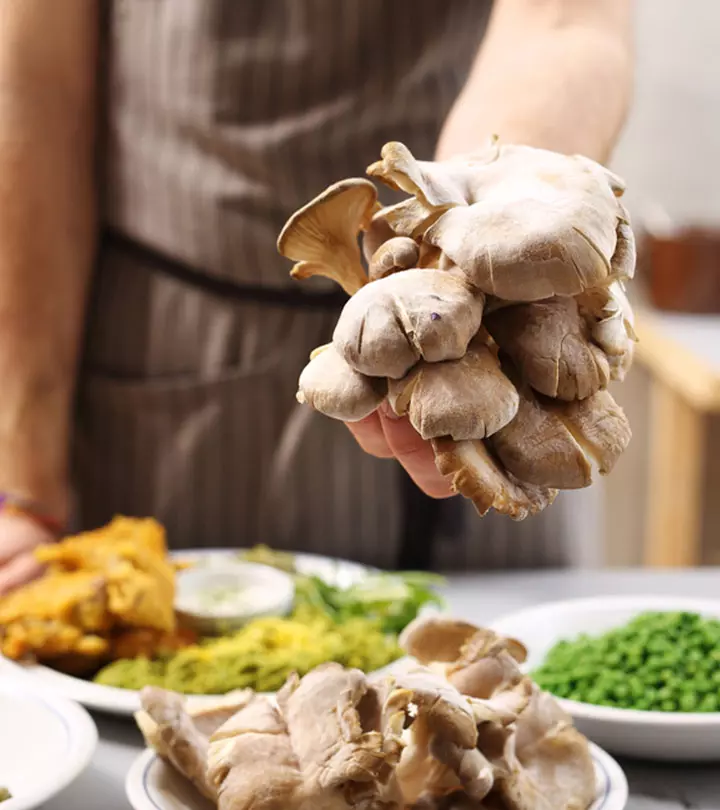
Image: Shutterstock
Mushrooms contain a wide range of nutrients, making them a nutritious addition to our diet. The various mushroom benefits have earned it the title of healthy food. In a world where greens dominate healthy foods, the mushroom takes a unique place.
There are several types of mushrooms, and each has a unique flavor. Their nutritional benefits are also quite diverse. Multicultural cuisines allow you to eat them alone or along with other vegetables. This makes mushrooms a convenient and delicious way to enhance your diet. The following article will answer any questions you might have about mushrooms’ health benefits and any possible side effects. Read on to learn more.
In This Article
Types Of Mushrooms
There are numerous varieties of mushroom species out there. Here are some types of them that you may include in your daily diet:
- Button Mushrooms: They are small and white or cream in color with a mild flavor. You can easily find this most common variety of mushrooms in grocery stores.
- Portobello Mushrooms: They are large and dark brown with a meaty texture. These are a popular choice for grilling or stuffing.
- Shiitake Mushrooms: They are dark brown and have a rich, smoky flavor. They are commonly used in Asian recipes such as soupy noodle dishes.
- Enoki Mushrooms: They are long and slender and often grow in clusters. They have a mild, slightly fruity flavor and are commonly added to soups, noodle dishes, and hot pots.
Mushrooms are not only delicious but also offer a variety of health benefits. Check out the next section for some of them.
Key Takeaways
- Mushrooms can reduce the risk of neurological conditions, build immunity, improve heart health, and are ideal during pregnancy.
- There are both edible and poisonous varieties of mushrooms. The edible ones are pale, muted, and dull-colored, while the poisonous ones are brightly colored.
- Consuming raw or undercooked mushrooms may cause gastrointestinal issues.
Benefits Of Eating Mushrooms
Mushrooms are a powerhouse of multiple vitamins, minerals, and antioxidants that are essential for the healthy functioning of your body. Their benefits are as follows:
1. Prevent Cognitive Impairment
Eating mushrooms can reduce the risk of neurological conditions and cognitive impairment. A study involving 663 participants aged 60 years and above found that those who consumed two portions of mushrooms per week had a reduced risk of mild cognitive impairment (MCI). The researchers concluded that the bioactive compounds in mushrooms could delay neurodegeneration (1).
2. Rich In Antioxidants
Mushrooms are a rich source of antioxidants, ergothioneine, and glutathione. These components are crucial for minimizing oxidative stress in the body, one of the main reasons for inflammation, cell damage, and premature aging (2). Moreover, antioxidants build your immunity and may slow down visible signs of aging.
3. Improve Heart Health
Mushrooms have a lesser quantity of sodium than other savory foods and are ideal if you have a heart condition. They contain a B vitamin called niacin, which reduces LDL cholesterol and triglycerides and increases HDL cholesterol levels to promote your heart health (3), (4).
Mushrooms also contain several micronutrients like copper and zinc, crucial for promoting cardiovascular health (5), (6).
4. Ideal Pregnancy Food
Pregnancy is when a woman needs ample nutrition, and mushrooms are ideal foods for pregnancy. Some mushrooms like chanterelle, morel, and oyster contain folates, a crucial nutrient that women require during the early stages of pregnancy (7), (8). However, consult a doctor before consuming mushrooms and avoid consuming uncooked ones.
5. Promote Gut Health
Mushrooms contain beta-glucans that have metabolic and gastrointestinal effects and may reduce the symptoms of irritable bowel syndrome. Beta-glucans modulate the gut microbiome, alter lipid and glucose metabolism, and reduce cholesterol levels (9).
6. Strengthen Your Bones
Mushrooms contain significant amounts of vitamin D as compared to other unfortified vitamin D food sources. Vitamin D is crucial for bone development and maintaining bone health. Consuming mushrooms can prevent vitamin D deficiencies (10), (11).
7. May Promote Weight Loss
Mushrooms belong to the category of lower-energy-dense foods and have low calories. Thus, adding them to your diet will make you feel satiated for a longer time. The National Health and Nutrition Examination Survey (NHANES) conducted a study incorporating data from 2017 to March 2020, focusing on obesity rates across different age groups in the United States. Among children and adolescents aged 2–19, the prevalence of obesity stood at 19.7%. For adults aged 20 and over, the age-adjusted obesity rate was notably higher, reaching 41.9%, with severe obesity affecting 9.2% of this population. If you are watching your weight, mushrooms can be great for your weight loss plan.
8. May Prevent Cancer
Laboratory studies have shown that the anticarcinogenic effects of mushrooms, including shiitake, maitake, and Agaricus bisporus (button mushroom), vary depending on the kind of mushroom. Mushrooms have also been found to have anticancer properties and protective benefits against tumor growth (12).
 Did You Know?
Did You Know?Let us look at the nutritional value of mushrooms and understand why they are called superfoods.
Nutritional Content Of Mushrooms
Note:
The nutrient content may differ as per the variety of mushrooms.
A hundred grams of mushrooms contain the following nutrients (3):
| Nutrient | Amount In 1 Cup Of Mushrooms | Recommended Daily Intake |
|---|---|---|
| Energy | 21 kcal | 1,600 – 3,200 kcal |
| Protein | 3.09 g | 46 – 56 g |
| Carbohydrate | 3.26 g | 130 g |
| Calcium | 3 mg | 1,000 – 1,300 mg |
| Iron | 0.5 mg | 8–18 mg |
| Magnesium | 9 mg | 310 – 420 mg |
| Phosphorus | 86 mg | 700 – 1,250 mg |
| Potassium | 318 mg | 4,700 mg |
| Sodium | 5 mg | 2,300 mg |
| Zinc | 0.52 mg | 8–11 mg |
| Copper | 305 mcg | 890 – 900 mcg |
| Selenium | 9.3 mcg | 55 mcg |
| Vitamin C | 2.1 mg | 65 – 90 mg |
| Vitamin D (D2+D3) | 0.2 mcg | 15 mcg |
| Folate | 17 mcg | 400 mcg |
| Choline | 17.3 mcg | 400 – 550 mg |
| Niacin | 3.61 mg | 14 – 16 mg |
Though mushrooms are botanically classified as fungi, they are considered vegetables. They have found their way to various cuisines, but people are skeptical about their safety.
Is It Safe To Eat Mushrooms?
Yes, but not all mushrooms are safe to eat. Only 38,000 varieties of mushrooms are edible, while the rest are highly poisonous. Edible mushrooms have a pale, muted, and dull color, while the poisonous ones are brightly colored. Edible mushrooms are safe for consumption unless you are allergic to them.
While most people can safely consume mushrooms, certain people may have allergic responses. Skin rashes, nausea, gastrointestinal distress, and, in rare instances, anaphylaxis are typical symptoms (13). When introducing mushrooms to your diet for the first time, it’s advised to start with minimal portions to reduce dangers. Before eating mushrooms, speak with a healthcare provider if you have a history of food allergies. Additionally, make sure you are only eating safe, correctly recognized wild mushrooms because some of them might be harmful.
 Did You Know?
Did You Know?Always make sure that you cook them before eating. Raw mushrooms are tough to digest and may cause gastrointestinal issues. Here are a few ways to eat mushrooms.
How To Prepare Mushrooms
1. Stir Fry Mushrooms
You Will Need
- 1 cup of mushrooms (roughly chopped)
- 1 tablespoon of olive oil
- Salt and pepper (as per taste)
Method
- Heat a wok and add olive oil to it.
- Sauté the chopped mushrooms for five minutes.
- Season with salt and pepper before serving.
2. Mushroom Omelet
You Will Need
- 1 cup of mushrooms
- 1 tablespoon of olive oil
- 2 eggs
Method
- Sauté the mushrooms for five minutes.
- Crack two eggs in a bowl, add salt and pepper and mix well.
- Pour the egg mixture on the mushrooms.
- Cover and let it cook for a few minutes and serve hot.
These simple recipes with mushrooms are such a delicious way to avail all the incredible benefits that come with mushrooms. And not only as food, but you can also enjoy this ingredient in the form of teas!
A blogger shared their experience of drinking mushroom tea for three years in their blog. They said, “I am now drinking Reishi, Chaga & Turkey Tail Tea, all of these boost your immune system and help your body get what it needs. My body has never felt better, even when I was a teenager, I do not think my body felt this great (i).”
To Conclude
Mushrooms are tasty, versatile ingredients featured in many savory dishes across the globe. They are loaded with dietary fiber, potent antioxidants, vitamins, and minerals that support good health. The benefits of mushrooms include a reduced risk of cognitive decline and strong bones. They are also good for your heart and gut and help manage your weight. However, excess mushroom intake can cause problems. Also, never consume mushrooms from the wild without confirming if they are edible. If you experience any adverse effects, limit their use and seek medical advice.
Frequently Asked Questions
Is mushroom good for hair?
Yes, consuming mushrooms is beneficial for the hair. They are loaded with vitamins, antioxidants, and minerals that help in managing hair fall and strengthen the hair.
What should not be eaten with mushrooms?
Buttermilk, shrimp, and mustard oil cannot be eaten with mushrooms. Also, alcohol is a big no while having mushrooms.
Watch the following video to uncover five surprising health benefits of mushrooms and how you can have them in your meals. The video takes an insightful dive into their potential to boost immunity and overall well-being. Click on play to learn more.
Personal Experience: Source
StyleCraze's articles are interwoven with authentic personal narratives that provide depth and resonance to our content. Below are the sources of the personal accounts referenced in this article.
(i). MY EXPERIENCE WITH MEDICINAL MUSHROOMS!!https://boswellscottage.wordpress.com/2016/09/05/my-experience-with-medicinal-mushrooms/
References
Articles on StyleCraze are backed by verified information from peer-reviewed and academic research papers, reputed organizations, research institutions, and medical associations to ensure accuracy and relevance. Read our editorial policy to learn more.
- The Association between Mushroom Consumption and Mild Cognitive Impairment: A Community-Based Cross-Sectional Study in Singapore.
https://pubmed.ncbi.nlm.nih.gov/30775990/ - Mushrooms: A rich source of the antioxidants ergothioneine and glutathione.
https://pubmed.ncbi.nlm.nih.gov/28530594/ - Mushrooms, white, raw
https://fdc.nal.usda.gov/fdc-app.html#/food-details/169251/nutrients - Niacin for Primary and Secondary prevention of cardiovascular events.
https://pubmed.ncbi.nlm.nih.gov/28616955/ - The concentrations and bioconcentration factors of copper and zinc in edible mushrooms.
https://pubmed.ncbi.nlm.nih.gov/12520390/ - Trace minerals intake: Risks and benefits for cardiovascular health.
https://pubmed.ncbi.nlm.nih.gov/29236516/ - Folate composition of 10 types of mushrooms determined by liquid chromatography-mass spectrometry.
https://pubmed.ncbi.nlm.nih.gov/30634279/ - Folic acid and L-5-methyltetrahydrofolate: comparison of clinical pharmacokinetics and pharmacodynamics.
https://pubmed.ncbi.nlm.nih.gov/20608755/ - β-Glucan Metabolic and Immunomodulatory Properties and Potential for Clinical Application.
https://pubmed.ncbi.nlm.nih.gov/33322069/ - A Review of Mushrooms as a Potential Source of Dietary Vitamin
https://pubmed.ncbi.nlm.nih.gov/30322118/ - Vitamin D and Bone Health; Potential Mechanisms
https://www.ncbi.nlm.nih.gov/labs/pmc/articles/PMC3257679/ - Higher Mushroom Consumption Is Associated with Lower Risk of Cancer: A Systematic Review and Meta-Analysis of Observational Studies
https://pmc.ncbi.nlm.nih.gov/articles/PMC8483951/ - From respiratory sensitization to food allergy: Anaphylactic reaction after ingestion of mushrooms (Agaricus bisporus)
https://pmc.ncbi.nlm.nih.gov/articles/PMC4348448/
Read full bio of Dr. Sandeep Jassal
Read full bio of Ravi Teja Tadimalla
Read full bio of Arshiya Syeda
Read full bio of Sindhu Koganti







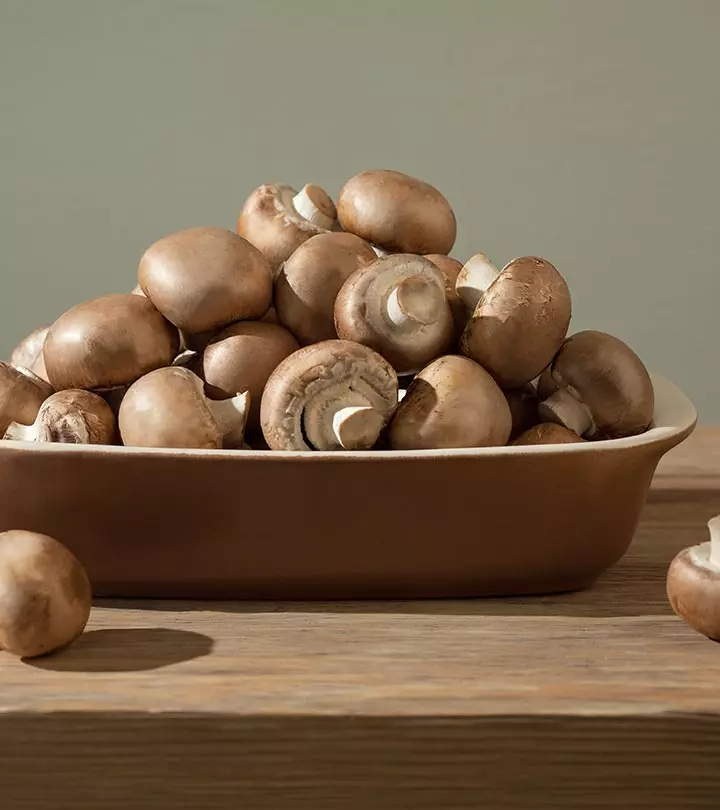



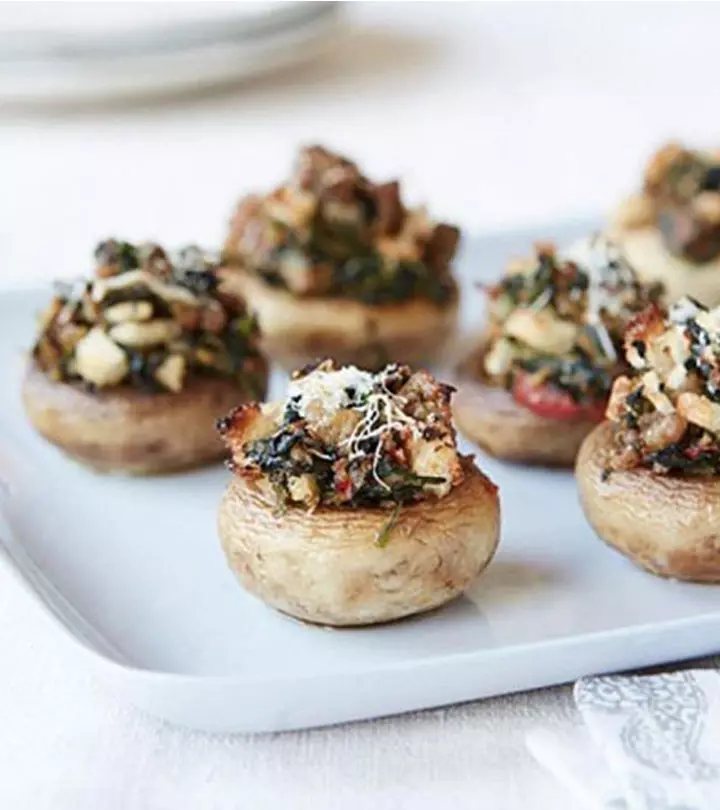
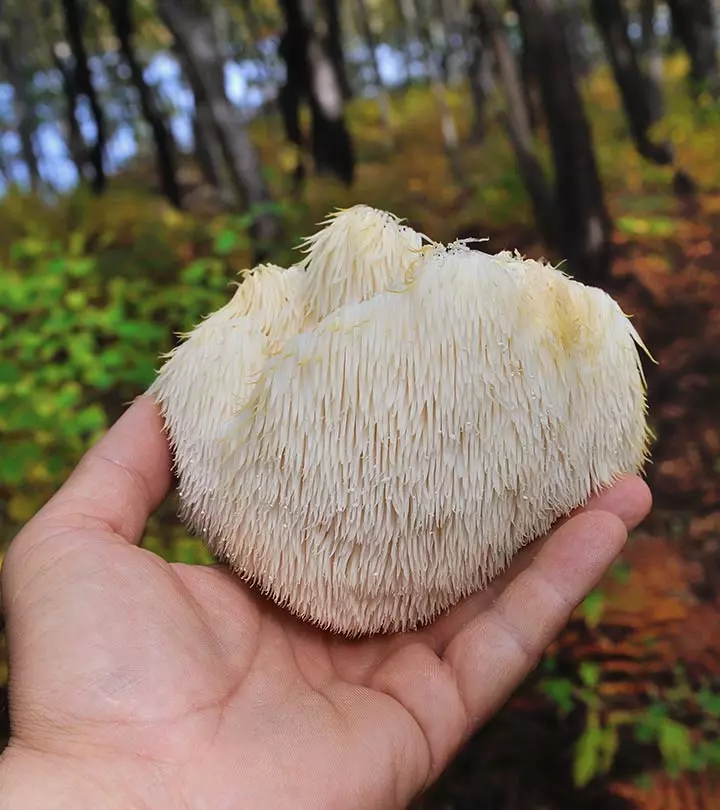
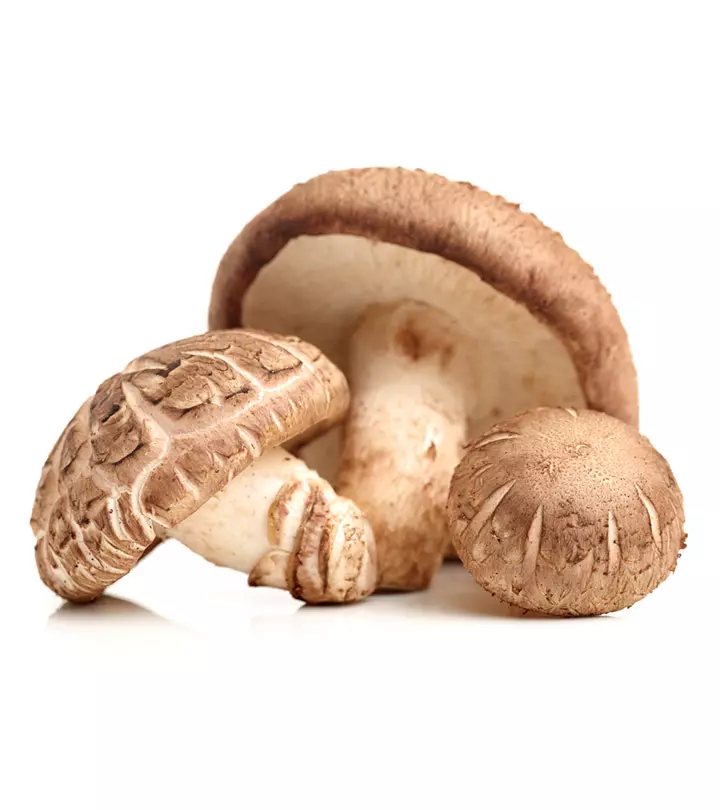
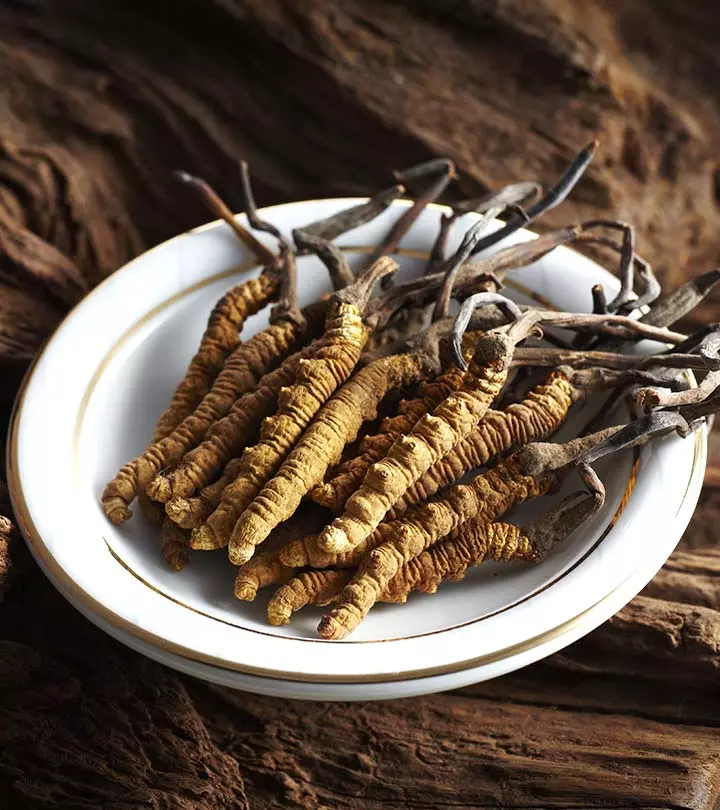

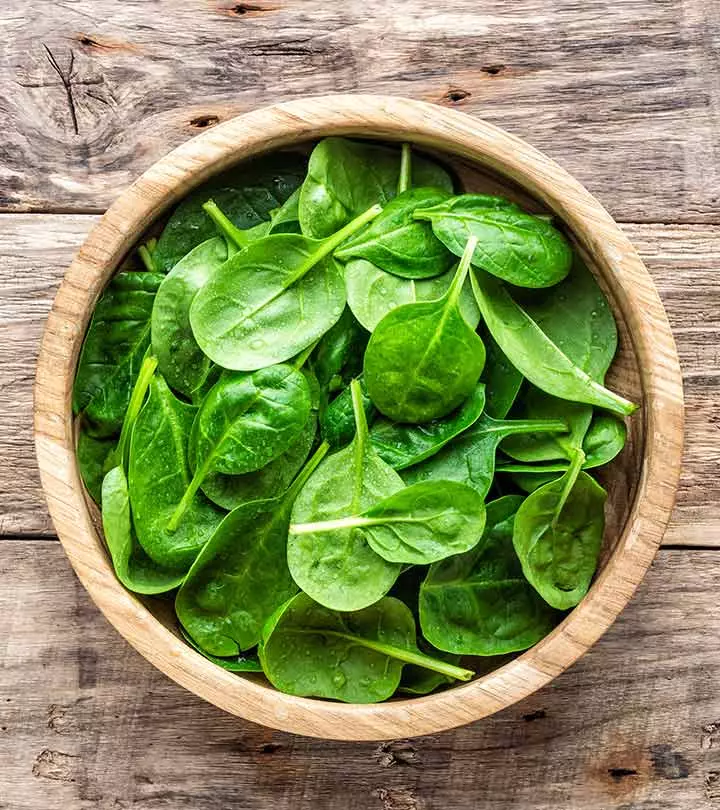

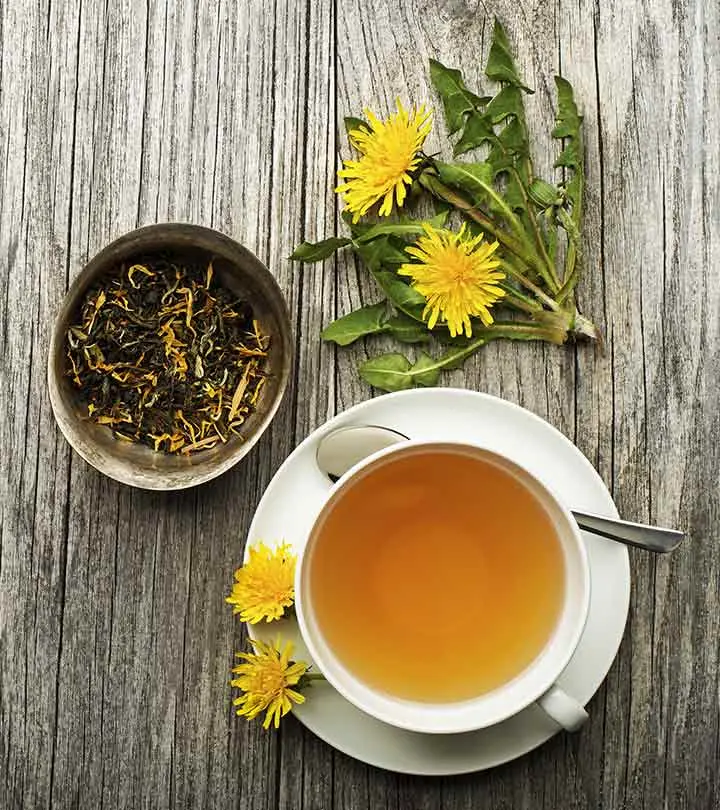
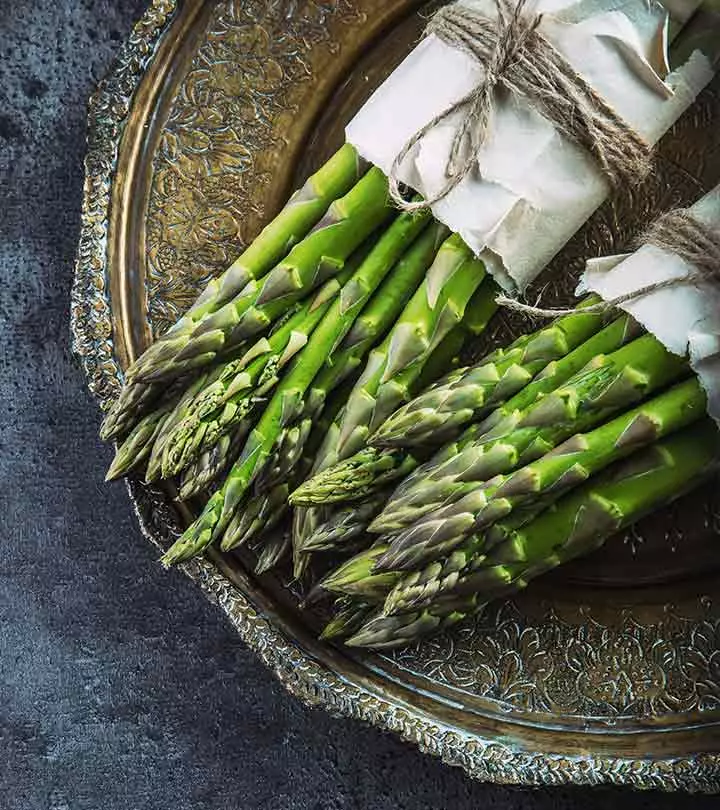
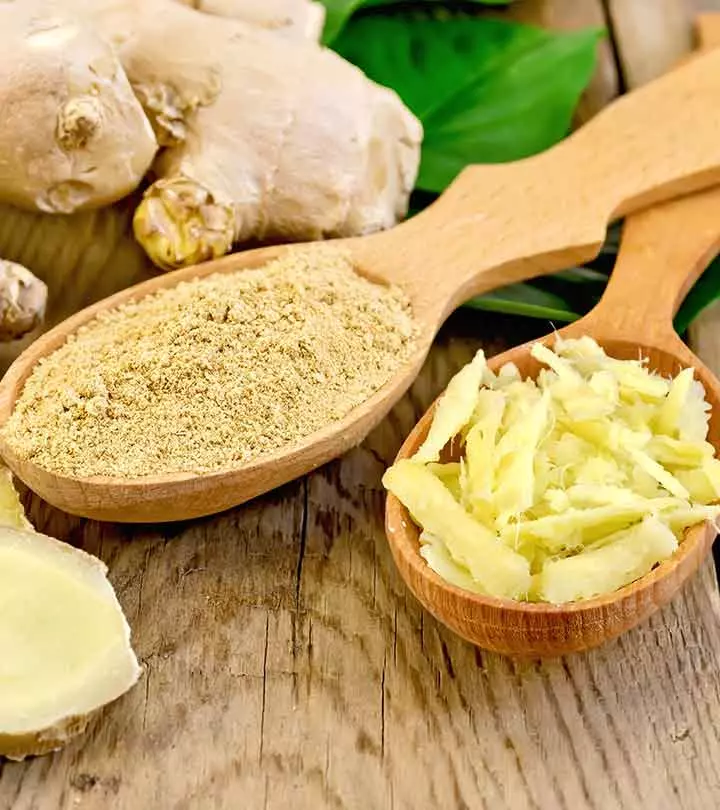
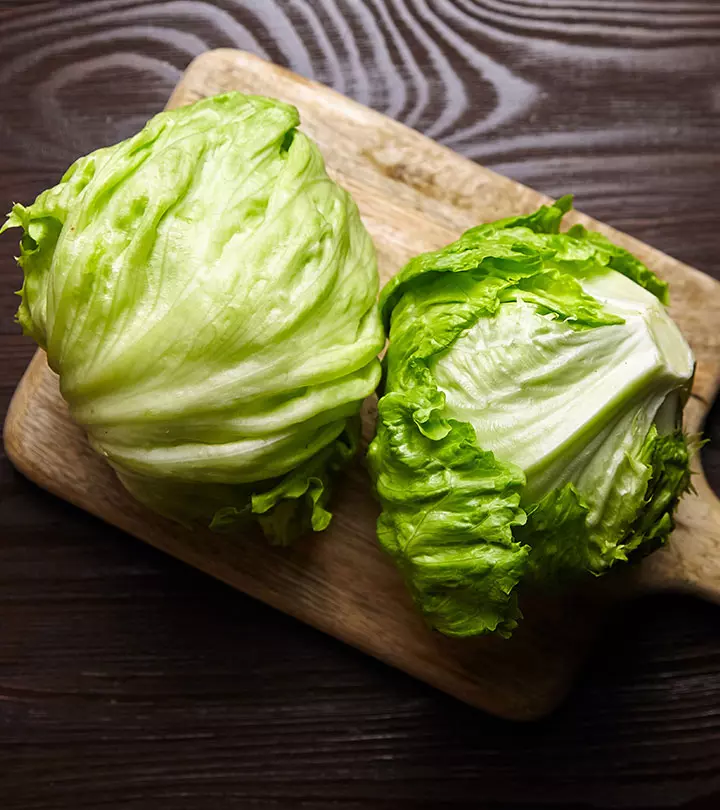
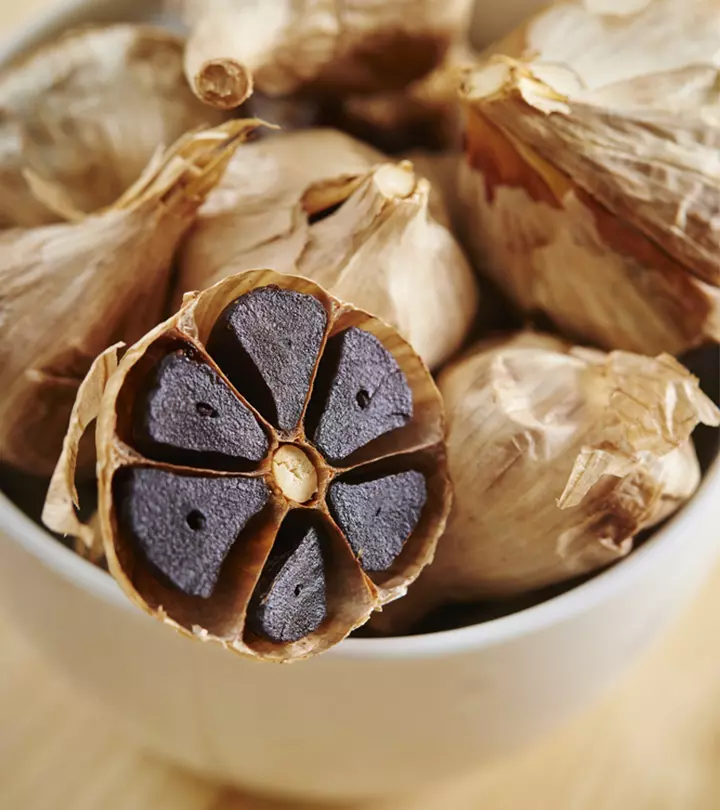


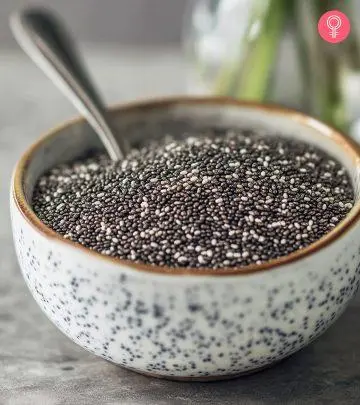


Community Experiences
Join the conversation and become a part of our empowering community! Share your stories, experiences, and insights to connect with other beauty, lifestyle, and health enthusiasts.